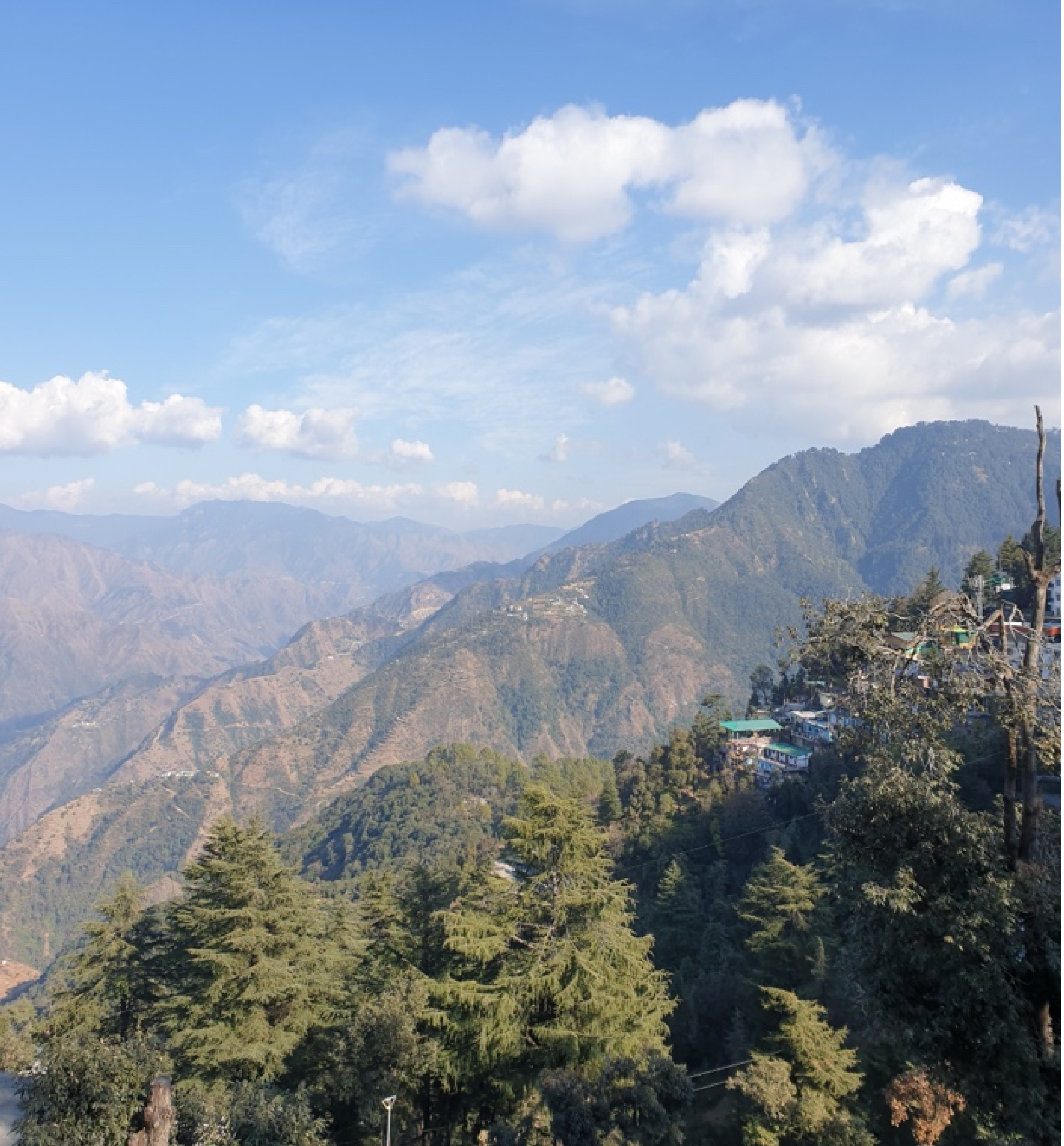In 2015,
when the 7.8-Magnitude earthquake in Nepal caused extensive damage to
infrastructure and livelihoods of its people, many had lost hope that their
lives would ever return to normal. Tek Bahadur, a 60-year-old farmer residing
in Kubinde Tol village of Sindhupalchok district, was one of them. His son was
killed in a bus accident more than five years ago and the only source of income
for him was half-an-acre piece of agricultural land that fetched him an annual
income of US $450.
 |
| Tek Bahadur can be seen working in his polyhouse |
Today, Bahadur treats the set up as his own physical asset for an increased livelihood and is trying his hand at growing both seasonal and off-seasonal vegetables. He and fellow beneficiaries have gained profits by selling the produce in nearby markets.
“Tomatoes, and more tomatoes in my field”
 |
| A polyhouse set up in Majhi's field |
Majhi has a polyhouse constructed in a rented piece of land
where she has sowed some tomato seeds. “I am convinced that tomatoes will have
higher yield than other vegetables and I know I will have many tomatoes to sell
in the market,” says the farmer.




No comments:
Post a Comment